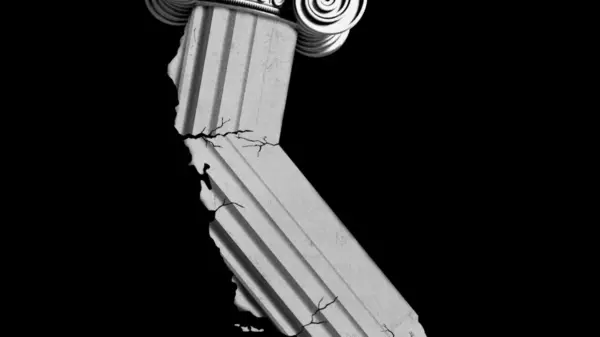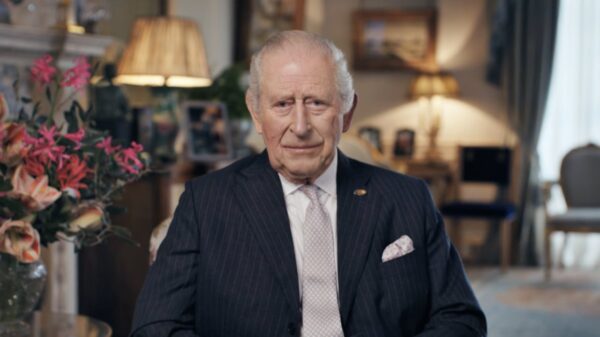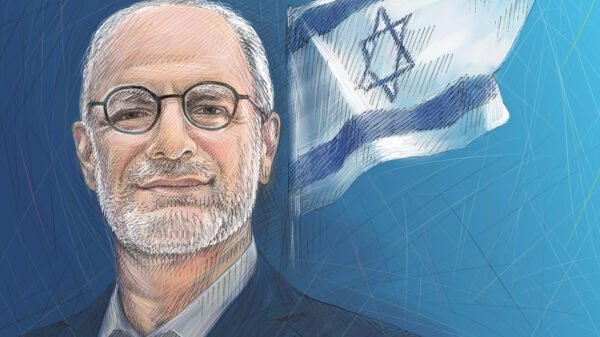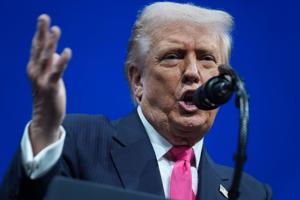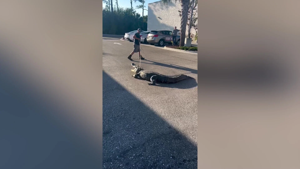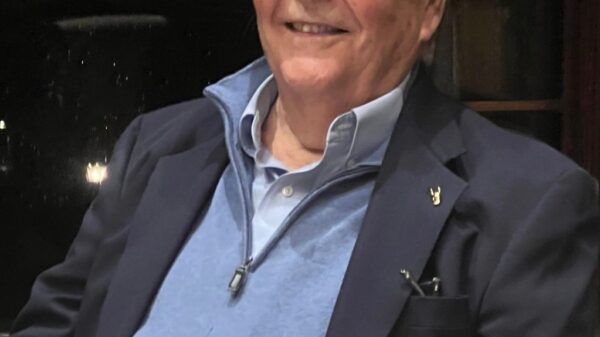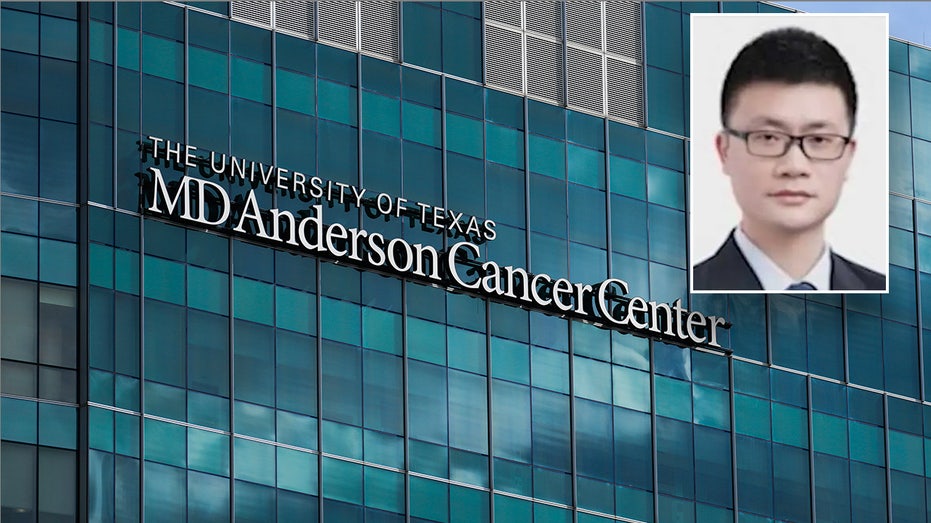UPDATE: A Chinese doctor was arrested at a Texas airport for allegedly attempting to smuggle sensitive cancer research back to China. Yunhai Li, a 35-year-old researcher employed by the MD Anderson Cancer Center, was detained on July 9, 2023, as he prepared to board a flight to China, according to the Harris County District Attorney’s Office.
Authorities report that Li was confronted by officers from U.S. Customs and Border Protection, who discovered evidence indicating he was trying to take sensitive medical information abroad. “We were able to detain him as he was trying to get on a flight to China,” stated Harris County District Attorney Sean Teare. “That intellectual property stays with us, so we can save lives.”
Li is now facing serious charges, including Theft of Trade Secrets and Tampering with a Government Record. The theft charge could result in a prison sentence ranging from two to ten years and a fine of up to $10,000. He was in the U.S. on a nonimmigrant research scholar exchange visa provided by the State Department, with his research funded by the National Institutes of Health and the Department of Defense.
Court documents reveal that Li uploaded sensitive data to his personal Google Drive while working at MD Anderson. When confronted by the institution, he deleted the files but also transferred them to a file-hosting service based in China. Investigators later uncovered “unpublished research data and articles representing trade secrets,” including confidential research materials and models.
Notably, Li was also receiving grant funding from the National Natural Science Foundation of China while conducting research for The First Affiliated Hospital of Chongqing Medical University. He failed to disclose this potential conflict of interest to his U.S. employers. In a sworn statement, Li claimed, “I believe I have the right to possess and retain this data,” raising concerns about national security and the integrity of research in American institutions.
As of now, Li has posted $5,100 bail and has been released from jail, surrendering his passport. The case highlights escalating tensions over intellectual property theft and the need for stringent measures to protect sensitive research in the U.S.
As this story develops, the implications for both national security and the scientific community are significant. The MD Anderson Cancer Center, renowned for its contributions to cancer treatment, faces challenges in safeguarding its research against foreign espionage.
Stay tuned for more updates on this urgent situation as authorities continue to investigate. The outcome of this case could set precedents for how research institutions handle potential threats from foreign nationals.


